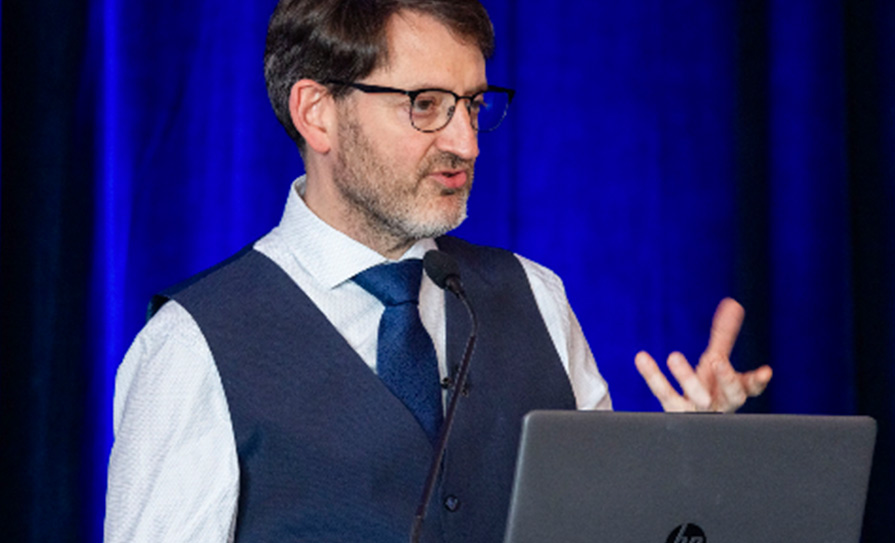The new public-only consultant contract is not a “silver bullet” to solve the problems of the health service, the Chair of the IMO consultant committee told this newspaper.
Speaking to the Medical Independent (MI) on 6 April at the IMO AGM in Killarney, Consultant Psychiatrist Prof Matthew Sadlier added that it was “an achievement” to get the contract “over the line”.
“I understand why the politicians are kind of proud of that. But the contract by itself does not give one more hour of consultant time to see a patient in the hospital system.”
Prof Sadlier said that the contract of itself was not going to “solve the recruitment and retention problem, or the waiting list problem”.
As well as additional consultants, he added the main issues were the need for more beds and theatres.
“We need to not have theatres closed in hospitals – if that is happening it does not matter what contract you have.”
Addressing a large audience at the AGM on 5 April, Minister for Health Stephen Donnelly told doctors that “just under half [of] the consultant workforce is now on the new contract”.
“The significance of the new contract should not be underestimated,” Minister Donnelly added.
“As more consultants are recruited or switch to the new contract, private activity in the public system will cease. There is growing consultant decision-making on-site in more hospitals, which as we know reduces admissions, reduces length of stay, and reduces delayed discharge.”
In response to the Minister’s contract figures, Prof Sadlier told MI that there may be a limit to how high the uptake figure will go.
“But who knows, is the honest answer. The fact is, if an existing consultant wanted to move, they would move early,” he told MI.
“There is no reason why they’d wait. Obviously there are two groups: New consultants who can only get that contract, and existing consultants who could sign over. If you were going to sign over, I’d imagine you would have signed over within the first year.”
The AGM’s national consultant meeting passed a motion calling on the HSE to “categorically state” its support for protected training time for doctors.
Another motion stated that “any amendments to work plans over the extended period [in the new contract] must ensure that there are sufficient medical and allied health services available at that time and that such changes will not negatively impact on services at other times”.
Asked about the potential impact of roster issues and protected training time on contract uptake figures, Prof Sadlier said it was an issue for some doctors.
“The problem is there is a lot of people out there who have worked in situations where their employer has not necessarily respected contracts, where they have difficulty getting protected time, they have had difficulty with rosters,” he told MI.
“So I think a lot of people are going to have to see it [the new contract] in action, and I think there is a fear among some consultants that they’ll be put into unworkable situations.
“I only think it is through time and [watching the] experience of colleagues who signed up and have not been put in unworkable situations, that then they will get the confidence to sign up.”













Leave a Reply
You must be logged in to post a comment.